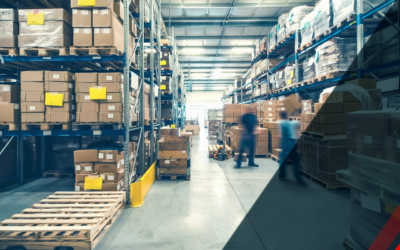Learn about the new hazardous waste regulations for 2025, how to comply with them, and what effects they may have on your business.
Service Request
Have waste that requires compliant handling or disposal? Fill out our service form and an MCF Environmental Representative will get back to you quickly with next steps!
Please note we do not provide disposal services for household waste











